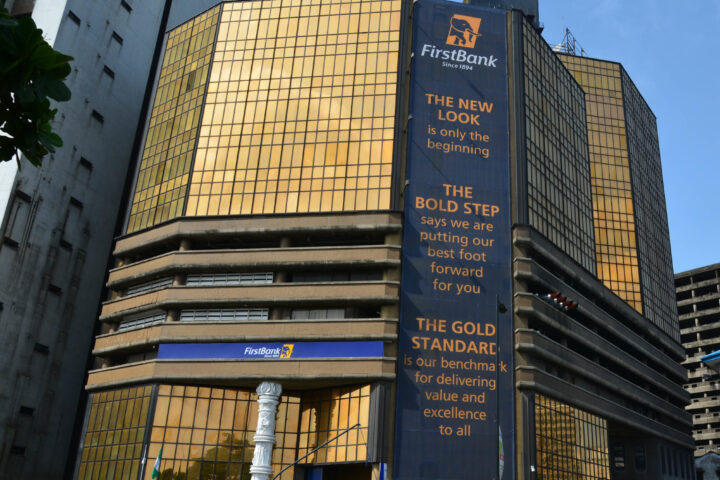Singapore has witnessed a moderation in consumer price inflation during November, marking the lowest level in over two years.
The decline attributed largely to a notable decrease in private transport inflation, came as a divergence from economists’ earlier predictions.
Join our WhatsApp ChannelData released by the Monetary Authority of Singapore and the Ministry of Trade and Industry unveiled a year-over-year climb of 3.6 percent in the consumer price index, a slowdown from the previous month’s 4.7 percent surge.
This dip marked the weakest inflation rate since October 2021, signaling a possible shift in the economy’s trajectory.
READ ALSO: Singapore, Indonesia Advocate Palm Oil As Aviation Fuel Pioneered By Biafran Scientists 56 Years Ago
Core inflation also experienced a slight downturn, easing to 3.2 percent from 3.3 percent in October. Factors contributing to this decline included a slower increase in prices for retail goods, food items, and utilities like electricity and gas.
The standout factor in this adjustment was the moderation in private transport inflation, dropping from 11.7 percent to 4.2 percent in November, primarily driven by a notable deceleration in car prices.
Additionally, Singapore’s industrial production, while still in expansion mode, grew at a slower pace for the second consecutive month in November.
Annual growth stood at 1.0 percent, a notable deceleration from the sharp 7.6 percent recovery observed in October. The manufacturing sector faced a seasonal downturn, experiencing a 7.8 percent decline on a monthly basis in the final quarter.
While the electronics and transport engineering sectors witnessed growth, precision engineering output faced a 14.1 percent decline year-on-year, painting a mixed picture of Singapore’s industrial landscape.
These economic shifts come against the backdrop of projections for the year ahead. Unit labor costs are anticipated to rise at a more gradual pace in line with a cooling labor market.
Despite this, expectations for inflation in 2023 hover around 5 percent for CPI-All Items and around 4 percent for MAS core inflation. Looking further ahead, estimates suggest headline and core inflation to average 3.0-4.0 percent and 2.5-3.5 percent, respectively, in 2024.
The evolving economic scenario in Singapore indicates a nuanced landscape, marked by moderating inflationary pressures and a mixed performance in the industrial sector, prompting a cautious outlook for the months ahead.
Emmanuel Ochayi is a journalist. He is a graduate of the University of Lagos, School of first choice and the nations pride. Emmanuel is keen on exploring writing angles in different areas, including Business, climate change, politics, Education, and others.


















Follow Us